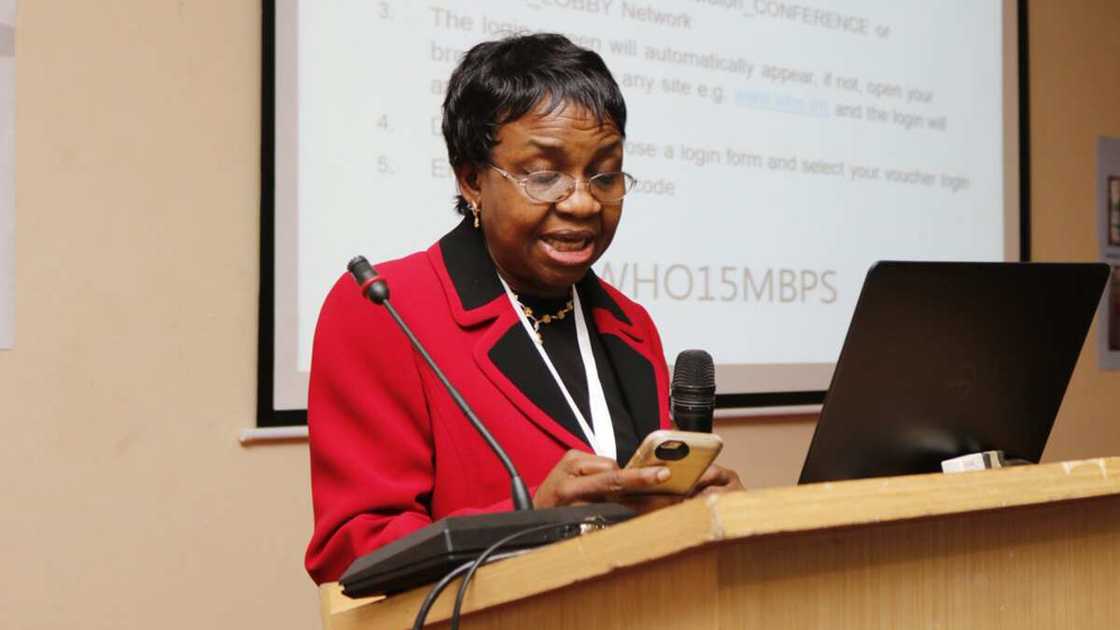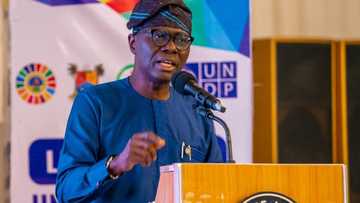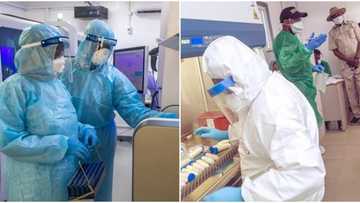NAFDAC Gives Crucial Update on AstraZeneca COVID-19 Vaccine in Nigeria
- According to NAFDAC, the AstraZeneca COVID-19 vaccine is among other jabs with side-effects
- The agency said this is part of the reason the jab should not be stopped in Nigeria
- NAFDAC warned that halting the vaccination at this time will be very dangerous
PAY ATTENTION: Join Legit.ng Telegram channel! Never miss important updates!
The National Agency for Food, Drugs Administration and Control (NAFDAC) has maintained that the COVID-19 vaccination exercise in Nigeria should not be halted because of the fears of alleged side-effects of the AstraZeneca jab.
NAFDAC's director-general, Mojisola Adeyeye, during an interview with Channels TV, advised that with the rate of deaths from the pandemic both locally and globally, it will be wrong and dangerous to stop the inoculation.

Source: Twitter
Adeyeye said:
“People are dying of COVID-19. The vaccines should not be stopped unless it is a statistically massive occurrence."
Admitting that there is a need for proper in-depth study to ascertain people's various reactions to drugs, the NAFDAC boss said the AstraZeneca vaccine is not the first to have side-effects since the inception of COVID-19.
Meanwhile, the Lagos state government had released a list of 88 health facilities that would be expected to provide the services in 20 local government areas.
This was disclosed by the state's commissioner for health, Professor Akin Abayomi on Tuesday, March 16.
PAY ATTENTION: Install our latest app for Android, read best news on Nigeria’s #1 news app
Abayomi explained that the first phase of the exercise is for healthcare workers, COVID-19 response team, officials of ports of entry (air, land, and seaports), laboratory network, judiciary, military, police, other security agencies, petrol station, schools, press, and other frontline workers.
He noted that the second phase is for people aged 50 years and above as well as those living with co-morbidities who are between 18 to 49 years.
The commissioner said the third phase is for people in the LGAs with the highest burden of disease and those who could not take part in the first two phases while phase four is for other eligible citizens.
Onyirioha Nnamdi is a graduate of Literature and English Language at the University of Lagos. He is a Politics/Current Affairs Editor who writes on news and political topics for Legit.ng. He brings into his reporting a wealth of experience in creative and analytical writing. Nnamdi has a major interest in local and global politics.
Source: Legit.ng




